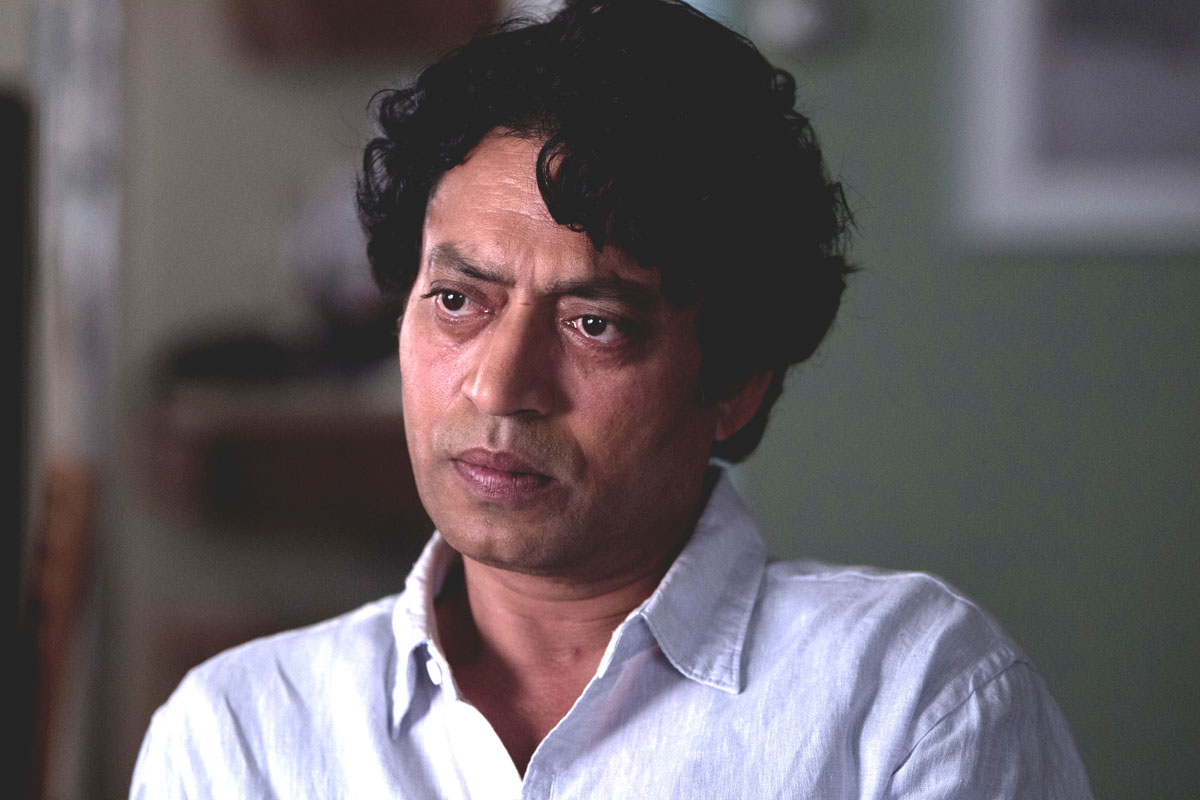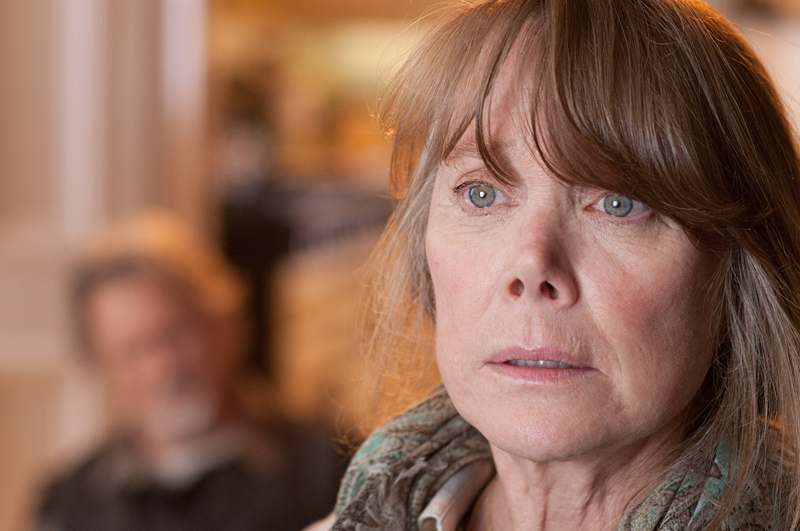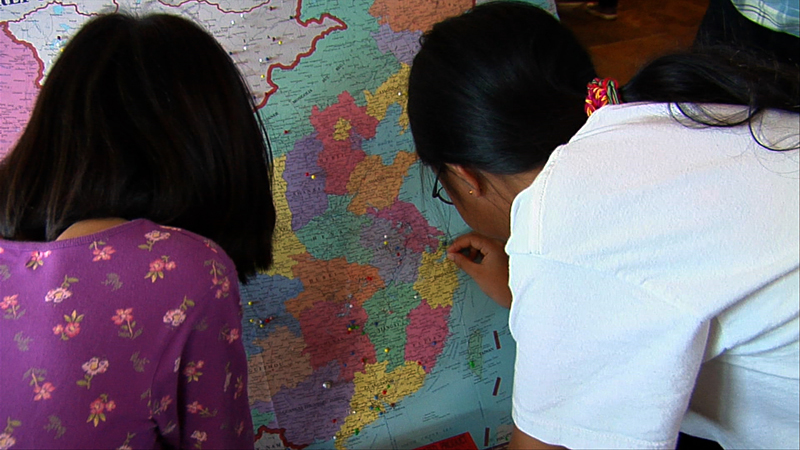“I can’t think of a more pathetic situation for an actor than to do a film and not connect to it,” Irrfan Khan says. “And I pray to God that I never face that situation.”
Khan might not be one of the most prominent stars in Bollywood, especially not when compared to the popular Imran Khan, Salman Khan and Shahrukh Khan, all unrelated. But through his prominent roles in Slumdog Millionaire, The Namesake, and In Treatment, Khan is probably the most prominent Bollywood star working in American film and TV. Khan, who stars in Ang Lee’s adaptation of Yann Martel’s Life of Pi, does not think of himself as a “cultural ambassador.” The movies themselves are doing that.
“It started with The Namesake and continued with Slumdog Millionaire,” Khan said last week. “And Slumdog became the biggest success. But nobody said, ‘Now we must explore the Indian market!’ It just happened because India’s in the midst of volatile change, culturally and politically. There’s a kind of energy in India, which I think is manifesting in those kinds of films.”
In Lee’s film, Pi tells a young writer (Rafe Spall) a story about how he, as a younger man (Suraj Sharma), weathered a terrible storm in a lifeboat with a Bengali tiger. That experience taught Pi how to go from just surviving to finding spiritual fulfillment from the deceptively mundane world.
That’s not too far off from the passions driving Khan, who has been nothing if not deliberate in the parts that he chooses to play. First, Khan broke through in Bollywood in such films as Haasil and Rog, the latter of which is a 2005 remake of the 1944 film noir Laura. Since then, he has only continued to challenge himself in such films as Acid Factory, a 2009 remake of Guy Ritchie’s trippy Revolver, and Paan Singh Tomar, a biopic about the famous athlete and Robin Hood–like bandit.
“I’ve realized that my . . . let me call it destiny or some force that has pushed me to identify looking for your comfort zone as a kind of limitation,” Khan explained tentatively. “And everybody has a tendency to fall into the comfort zone. I did that in the early stage of my career.”
Khan regrets that Indian cinema does not yet enjoy a prominent presence in Western culture as other countries. By contrast, he cites both Bruce Lee’s films and Crouching Tiger, Hidden Dragon as examples of China’s pervasive cultural influence. But Khan is optimistic, saying that Indian films are perhaps now more able to compete with Hollywood films than ever. “There has only been one kind of cinema [in Bollywood]: the commercial cinema,” Khan says. “There hasn’t been a cinema that addresses social issues. And now, Indian movies are trying to combine the two kinds of cinema. There are out-and-out escapist films, and there’s also cinema that’s growing very fast and is doing huge business and is talking about the issues, but is still entertaining.”
One filmmaker that Khan thinks is paving the way for new kinds of films in Bollywood and Indian films in general is Vishal Bhardwaj. Bhardwaj previously worked with Khan on the 2011 Anna Karenina–inspired 7 Khoon Maaf and the 2003 Macbeth adaptation Maqbool. Khan commends the fact that Bhardwaj scripts, directs, and even scores his films. Like Khan, Bhardwaj is tirelessly innovative. “His character seems to be rooted in the soil of a particular culture,” Khan said excitedly. “The special thing about him is the kind of subjects he chooses. His movies are the kind of stories you get attracted to. And he also has a fresher eye to execute them.”
Bhardwaj brings out the best in Khan, as in 7 Khoon Maaf, where Khan plays a soulful poet who sadistically abuses his lovers. His performance in Maaf is somewhat brittle, but it’s also a reassuring sign that Khan is not interested in protecting his own image—and that he remains committed to all kinds of movies.








